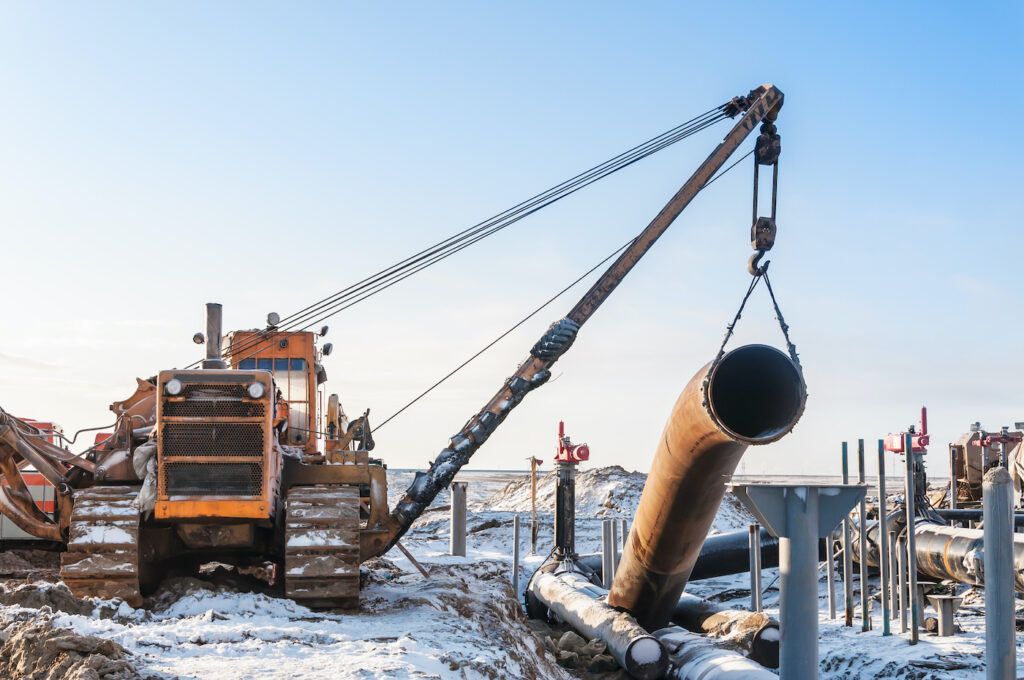Pipelines are significant for any infrastructure as a lot of refined products and almost all-natural gas are moved through them. Being such an imperative part of any infrastructure, pipelines have to be built with superior quality material, and what could be better than ‘steel’. Many countries utilize a variety of products made up of steel and Canada’s pipelines are no different. The main qualities of steel pipes are high tensile strength, smoothness, and reliability.
Scope of Steel in Canada Pipelines
Canada pipelines deliver natural gas, crude oil, and petroleum products to domestic markets throughout the country. Pipelines are extremely important as they deliver fuel to heat homes that are of utmost importance when everything is frozen out there. The majority of homes of Canada are heated with natural gas and most vehicles including cars, buses, boats, trains, and airplanes are fuelled primarily with products like diesel, gasoline, or aviation fuel.
As petroleum products are produced at refineries across Canada, pipelines are required to transport large volumes of crude oil to these refineries. Without pipelines, it wouldn’t be possible to transport large volumes of crude oil as other expensive modes of transportation like tanker ships, rail cars, or tanker trucks. Transporting millions of barrels per day by road would mean additional long-distance trips every day that wouldn’t be the case with pipelines.
Importance of Steel for Canada Pipelines and Construction Industry
Steel pipes have a large number of use cases across the country as they are sturdy and durable with the scope of customization. A variety of structures can be constructed by altering the content of carbon and elements like silicon, chromium, nickel, manganese, vanadium, etc.
Wondering what makes steel an important factor of Canada pipelines and other construction projects? Check out the following advantages of steel pipes and tubes…
- Steel combine high strength with low weight and that’s why ideal for making pipelines. Also, the material is capable of withstanding high heat, pressure, shock, and vibrations.
- Steel is an easy material to work with as it can be customized and moulded into any shape. The diameters can be extended from a few millimeters to meters.
- Steel is an environment-friendly material and can easily be recycled over and over again. It can last for years without corroding and is also highly chemical-resistant.
- Steel is one such material that can be used to construct a huge variety of products for domestic as well as commercial and industrial applications.
- Steel is ideal for structural and transportation purposes as steel pipes can be inserted deep underground and used for transporting oil, gas, water, and sewage.
- Steel is easily malleable and most builders prefer materials that are easy to fabricate so that there is less physical waste and more durability.
- Steel is cost-efficient as a small amount of the metal goes a long way which means less material is required to install in a project.
Steel has become a widely-used material in the construction business and is viewed as an alloy of iron that boasts numerous qualities. In Canada, steel pipes and tubes are extensively used and form an integral part of any construction. Tucked underground, pipelines are also an efficient way to move natural gas, water, crude oil, sewage, and petroleum products across large distances in Canada.
Is steel the future of the construction industry?
The future of the steel market looks promising with abounding opportunities in various sectors and pipelines are the most imperative ones. It is crucial, however, for the pipeline industry to ensure that everything works perfectly fine and this is achieved by proper pipeline maintenance. The key to ensuring everything goes well with steel pipelines is to have high-quality parts and services.
There are many construction companies out there offering solutions but only the reliable ones can come up with the expertise, consistency, and high-quality products and services.

